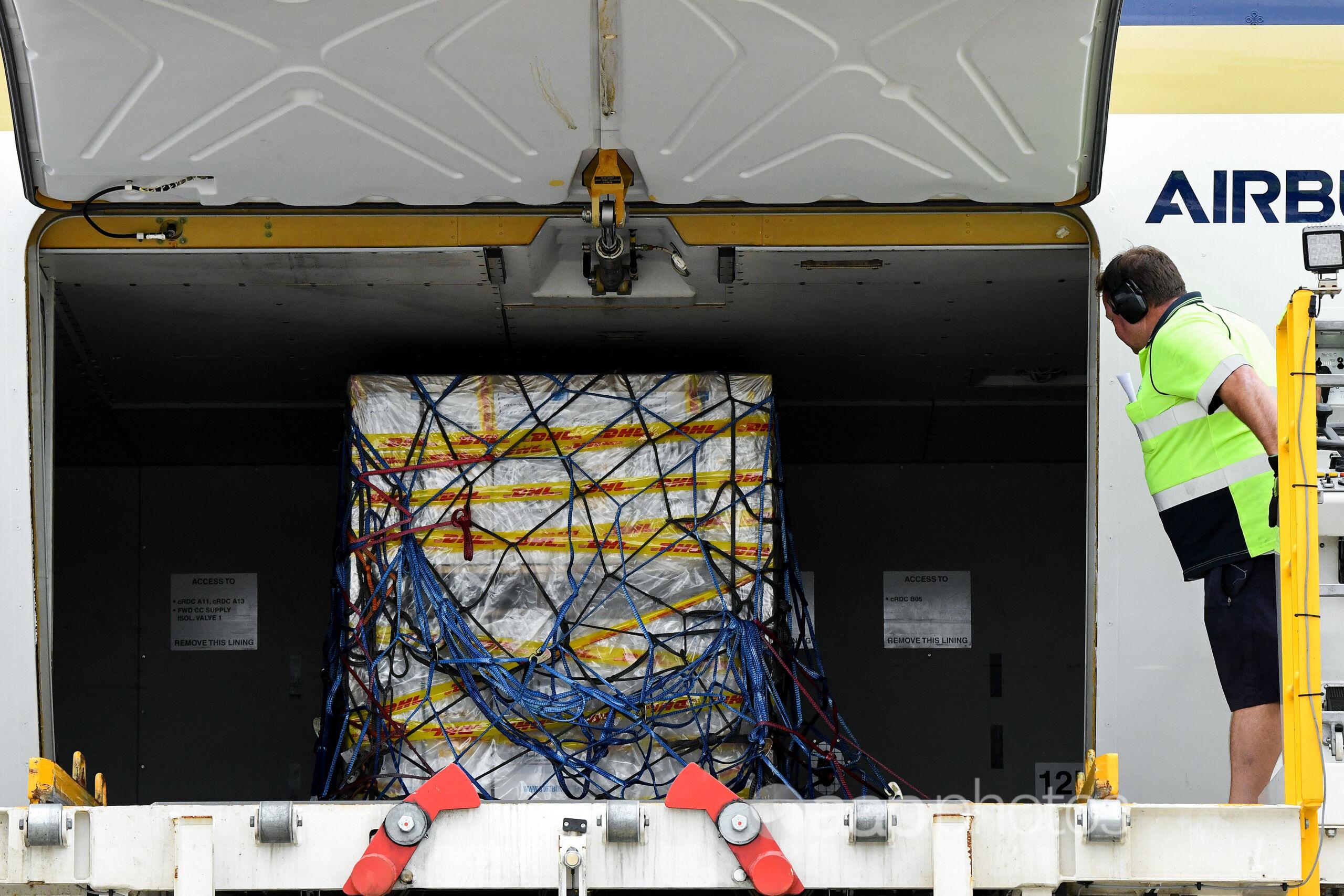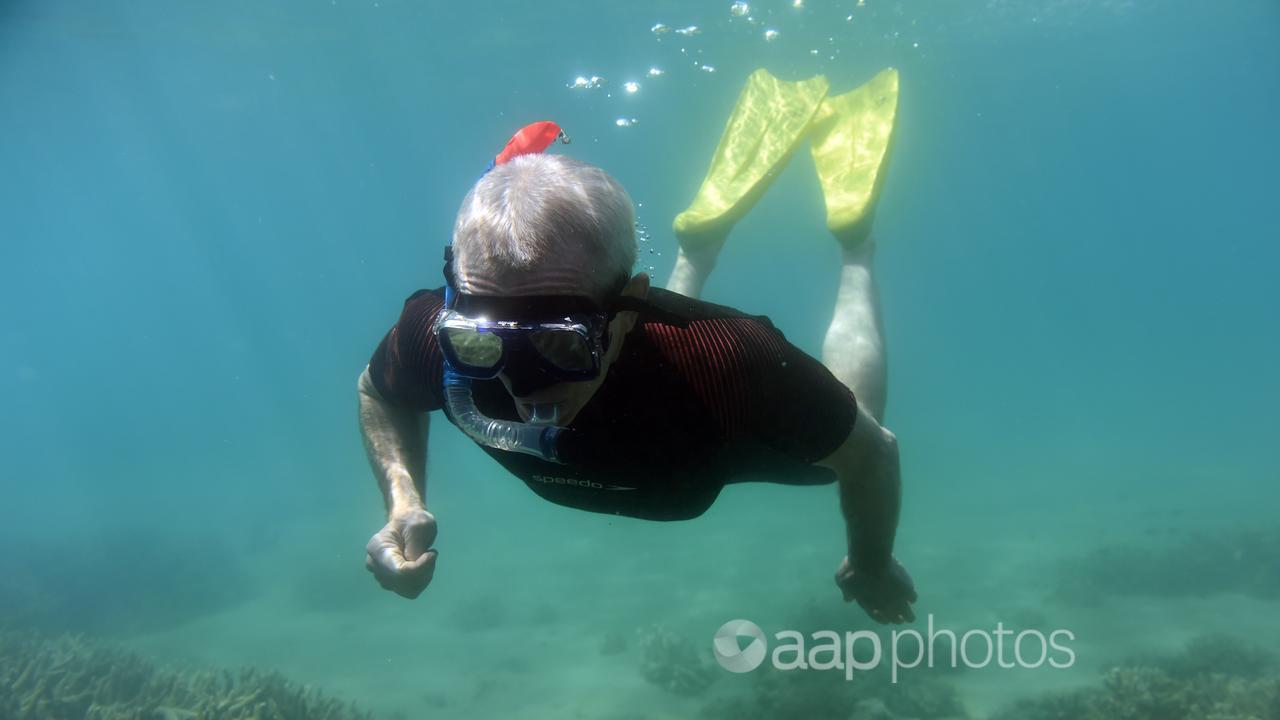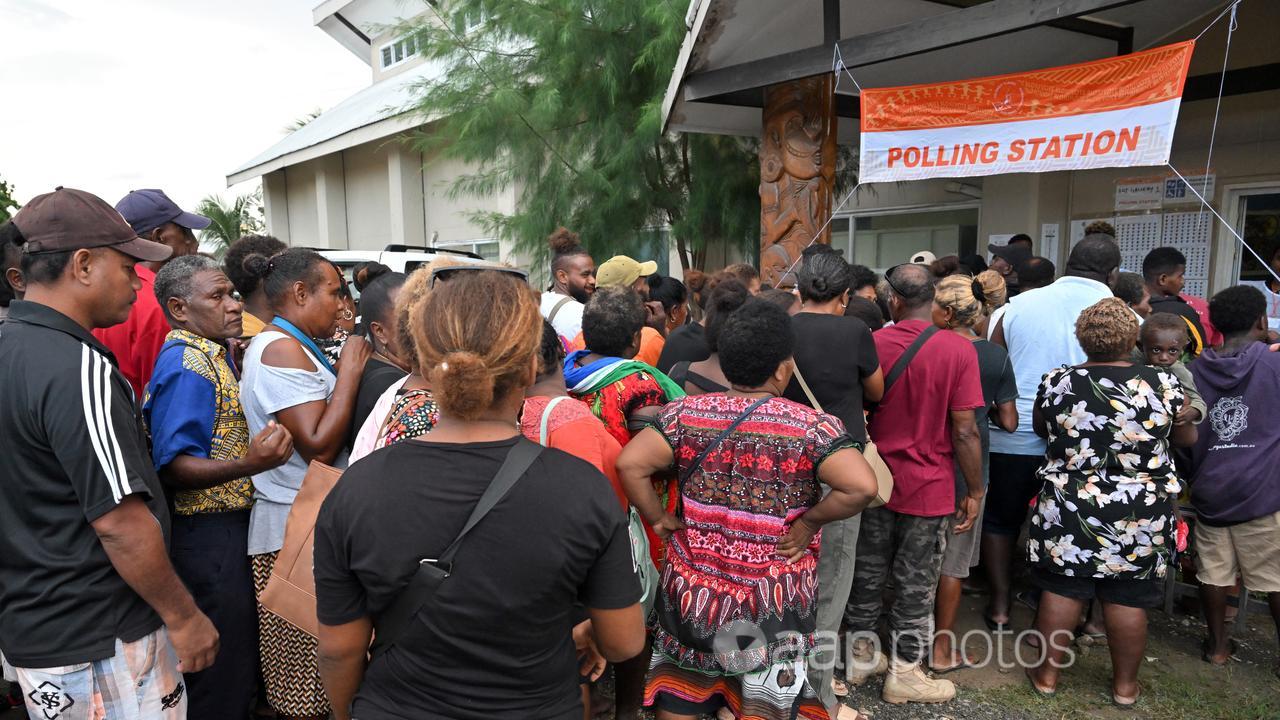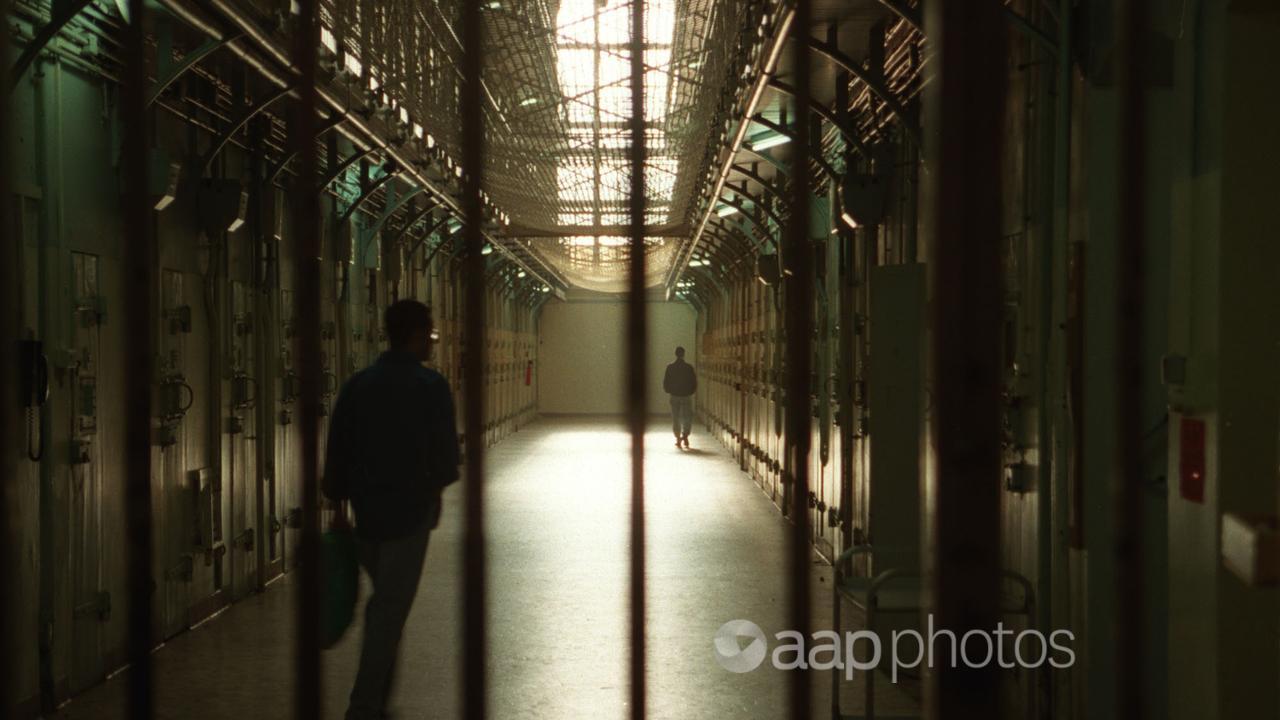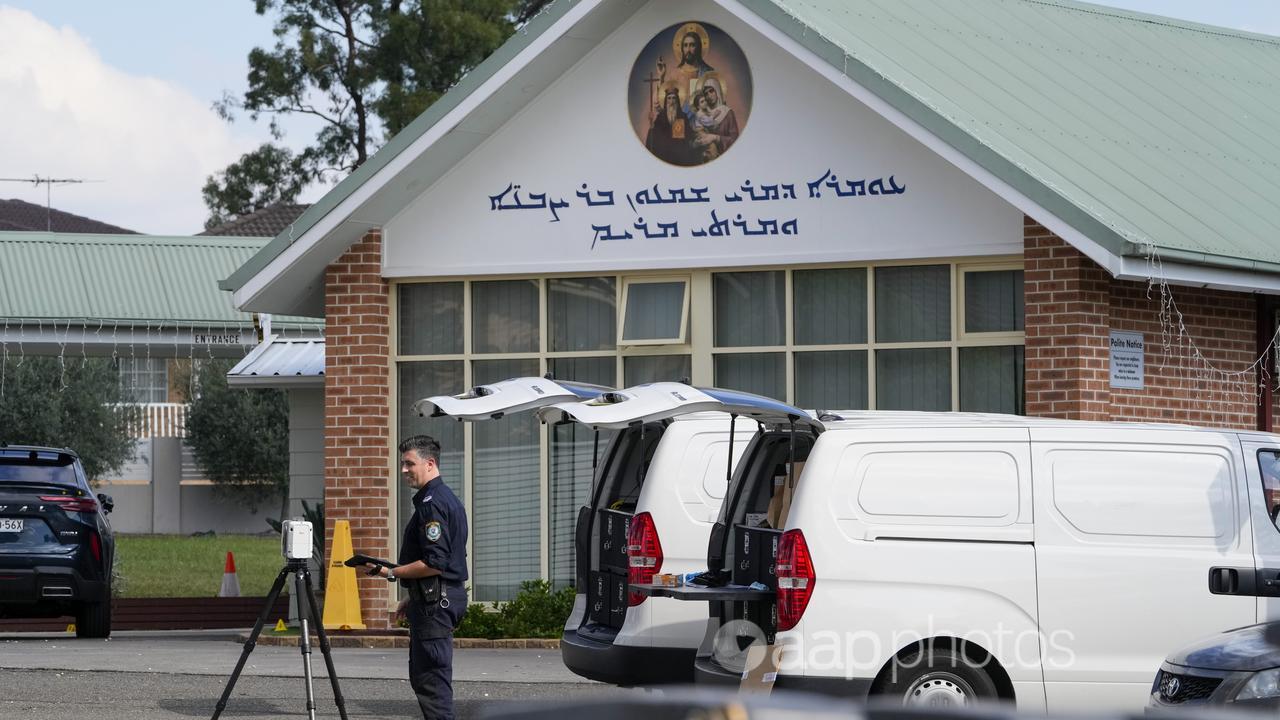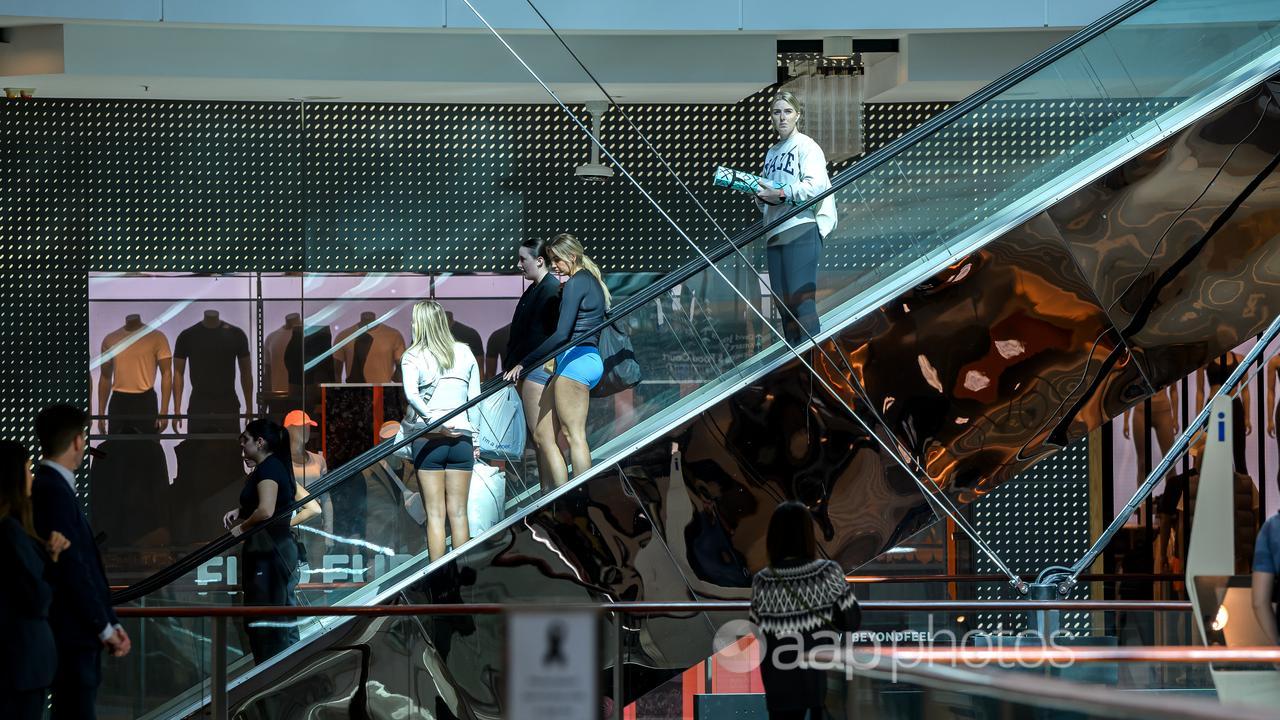The Statement
Social media posts insinuate that additional Pfizer COVID-19 vaccine doses secured by Australia from Poland may contain counterfeits, highlighting a previous example of fake vaccines discovered in the country.
An August 15 Facebook post from an Australia-based page features an image of a Twitter post from Prime Minister Scott Morrison announcing that an extra one million vaccine doses had been secured in a deal with Poland.
The word “meanwhile” has been overlaid on the image, with an arrow pointing to a BBC News headline that reads: “Coronavirus: Pfizer confirms fake versions of vaccine in Poland and Mexico.” The word “Poland” has been underlined in both the tweet and headline.
At the time of writing, the Facebook post had been viewed more than 24,000 times and attracted more than 160 shares. Several other Australia-based pages have shared the same meme (see here and here).
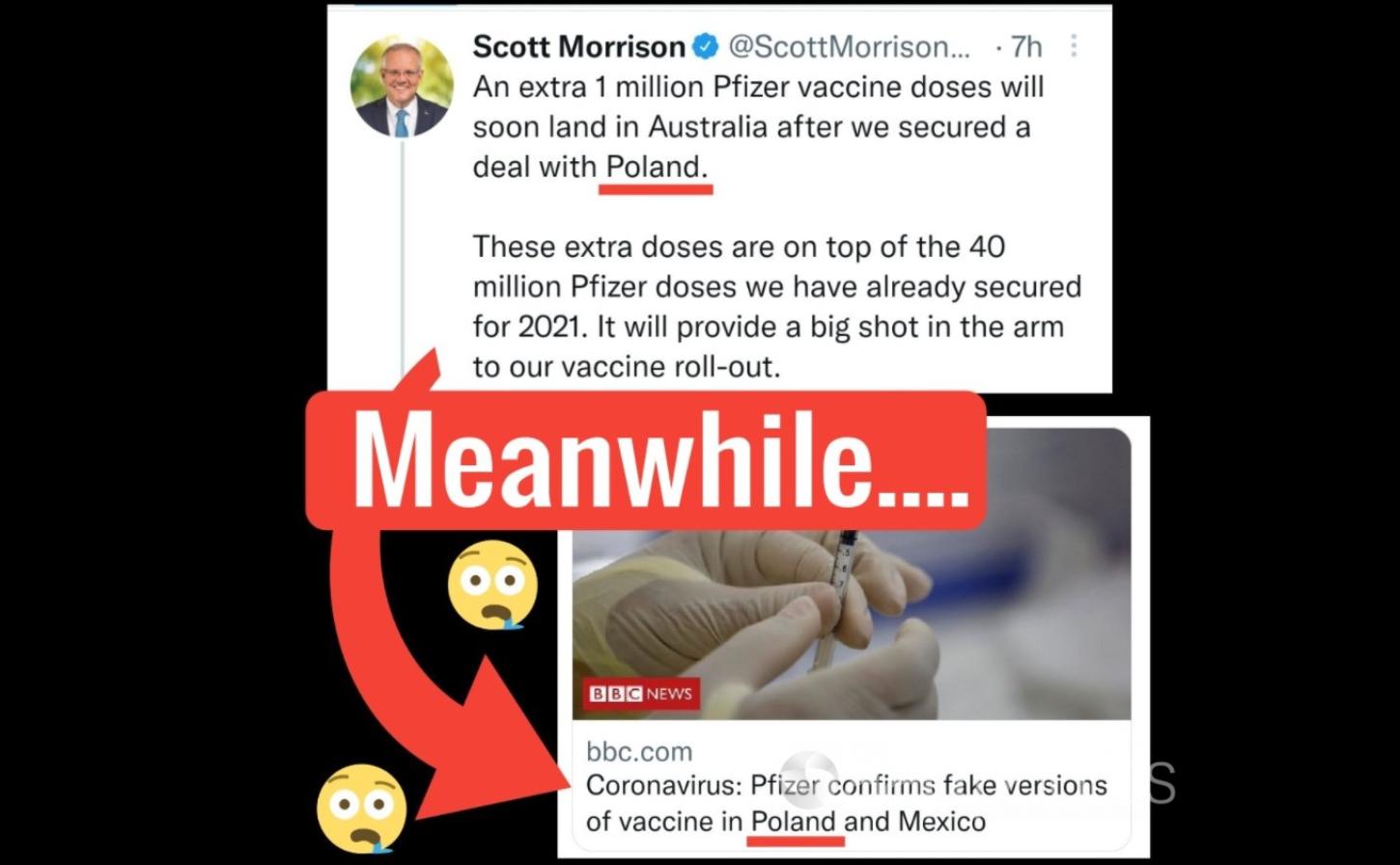
The Analysis
The Pfizer vaccines were secured by Australia in a deal with Poland, however the doses were produced at the company’s manufacturing plant in Belgium – the same location where previous supplies were made. There is no reasonable link to be drawn between this agreement and a single incident involving counterfeit doses discovered in an apartment in Poland in April.
The deal with Poland came as several Australian states and territories battled outbreaks of the highly infectious Delta strain of the coronavirus. More than half the million doses are earmarked for Sydney COVID-19 hotspots.
A government press release on August 15 confirmed that the vaccines were produced at Pfizer’s facility in Belgium, noting that they would go through the same quality-checking regime as other vaccines supplied to the country.
In a press conference on the same day, Mr Morrison reiterated the supply came from the same Belgian plant “where all of our other Pfizer doses are coming from”.
The extra doses were reportedly flown to Australia from Warsaw on August 14. A spokeswoman for the Department of Health confirmed to AAP FactCheck in an email that the doses were shipped direct from Poland’s strategic reserves to Australia, adding that they carried an expiry date of 30 November.
Nevertheless, the posts highlight a BBC News article from April 22 highlighting the seizure of counterfeit Pfizer vaccines in Poland and Mexico.
The report said no one had received the counterfeit doses seized from a man’s apartment at a time when vaccines were in limited supply. Pfizer said the liquid in the confiscated vials was thought to be an anti-wrinkle treatment.
At the time, Polish authorities said the risk of counterfeit doses entering official circulation was “practically non-existent” as all vaccines the country purchased were sent straight to vaccination centres. The man had reportedly been trying to sell the counterfeit doses on the dark web.
Australia’s medicines regulator, the Therapeutic Goods Administration, approved the vaccines for release on August 16, according to a government statement, after the batch release and cold chain documentation were reviewed.
The latest Pfizer doses were all from one batch produced at the same plant in Europe as those imported under Australia’s existing purchase agreement with the company, the statement also said.
The Verdict
The posts misleadingly suggest a link between extra Pfizer vaccine doses that Australia obtained through an agreement with Poland and a previous incident involving counterfeit doses in the country.
While the additional doses were sourced from Poland, they were manufactured and traced to the same Pfizer factory in Belgium as the remainder of Australia’s supply of the vaccine. They have since been cleared for use.
The counterfeit doses were seized in an isolated case in April, when a man attempted to sell them on the black market. They were not introduced into general use, Polish authorities said.
Missing Context – Content that may mislead without additional context.
Updated Thursday, August 19, 2021 10:30 AEST: Adds comments from Department of Health spokeswoman.
* AAP FactCheck is an accredited member of the International Fact-Checking Network. To keep up with our latest fact checks, follow us on Facebook and Twitter.
All information, text and images included on the AAP Websites is for personal use only and may not be re-written, copied, re-sold or re-distributed, framed, linked, shared onto social media or otherwise used whether for compensation of any kind or not, unless you have the prior written permission of AAP. For more information, please refer to our standard terms and conditions.

